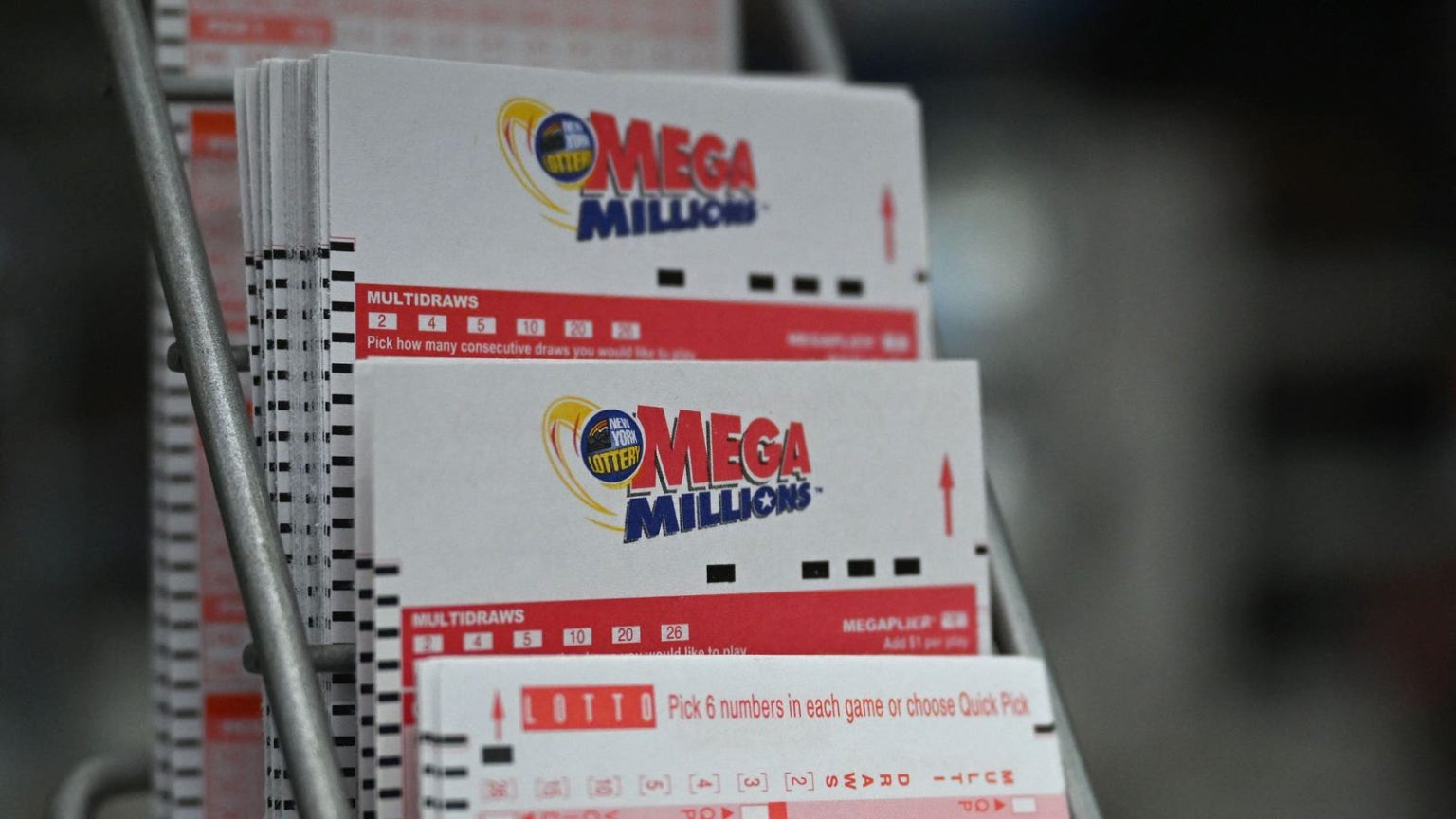Mega Millions Jackpot Soars to $740 Million, Eighth-Largest in Lottery History
The allure of instant riches has once again captivated the nation as the Mega Millions jackpot surges to a staggering $740 million, marking the eighth-largest prize in the lottery’s history. The tantalizing prospect of a life-altering windfall has ignited dreams across the country, despite the astronomical odds of one in 302 million. While the advertised jackpot represents a breathtaking sum, the eventual take-home amount for the fortunate winner will be significantly less due to mandatory federal taxes and potential state levies.
For the individual who successfully matches all five white balls and the coveted "megaball," two payout options are available: a series of 30 annual installments or a single lump sum payment of $342.9 million. Opting for the immediate gratification of the lump sum, however, triggers a mandatory 24% federal tax withholding, shrinking the winnings to $260.6 million. Furthermore, depending on the winner’s existing taxable income and applicable deductions, the federal marginal tax rate, which can reach as high as 37%, could further diminish the prize to approximately $216 million.
Should the winner choose the annuity option, receiving 30 annual installments, the average yearly payment would be $15.5 million, subject to the same 37% federal tax rate. The impact of state taxes further complicates the financial landscape. While some states, like California and Texas, generously exempt lottery winnings from state taxes, others impose varying rates. New York, for instance, levies a hefty 10.9% state tax, which would equate to an additional $32.4 million deduction, while Arizona’s more modest 2.5% rate would result in a $7.4 million reduction.
The next Mega Millions drawing is scheduled for Tuesday night, offering another chance for hopeful participants to test their luck. Meanwhile, the Powerball lottery, with its next drawing on Saturday night, boasts a more modest $45 million jackpot. This translates to a $21 million lump sum option, which would dwindle to $15.9 million after the 24% mandatory federal tax withholding or to $13.2 million if the winner falls into the highest 37% federal marginal tax bracket.
While the current $740 million Mega Millions jackpot ranks as the eighth-largest in the lottery’s history, it pales in comparison to the truly colossal prizes awarded in the past. Six of the top seven Mega Millions jackpots have surpassed the billion-dollar mark, including a breathtaking $1.1 billion prize claimed in March. The seventh-largest jackpot, a still impressive $810 million, was won in September, marking the last time the Mega Millions produced a grand prize winner.
Friday night’s drawing, while failing to produce a jackpot winner, did generate over 1.2 million non-jackpot winning tickets. One particularly fortunate ticket holder secured a $3 million prize, a testament to the lottery’s ability to bestow substantial rewards even without hitting the ultimate jackpot. The Mega Millions lottery recently underwent a series of rule changes designed to enhance the player experience by offering "bigger jackpots, better odds," and new rewards. These changes, implemented in October, include removing a "megaball" from the draw, improving the odds of winning any prize from one in 25 to one in 24, initiating the jackpot at a higher starting amount, introducing a randomized multiplier for non-jackpot prizes, and eliminating break-even prizes, ensuring that matching a "megaball" now guarantees a minimum $10 win. The last Powerball jackpot, worth $256 million with a $123.5 million lump sum option, was won on December 7th by a ticket holder in New York.


